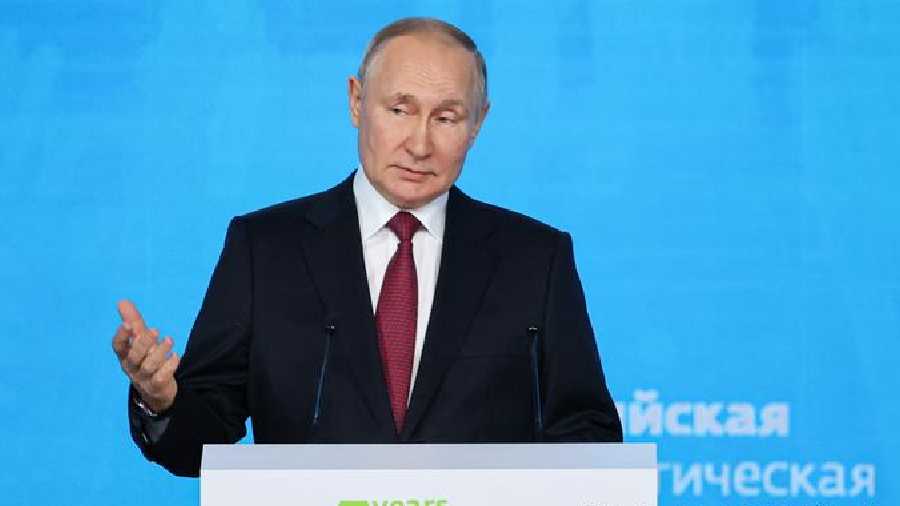Hulking ships carrying Ukrainian wheat and other grains are backed up along the Bosphorus here in Istanbul as they await inspections before moving on to ports around the world.
The number of ships sailing through this narrow strait, which connects Black Sea ports to wider waters, plummeted when Russia invaded Ukraine 10 months ago and imposed a naval blockade. Under diplomatic pressure, Moscow has begun allowing some vessels to pass, but it continues to restrict most shipments from Ukraine, which together with Russia once exported a quarter of the world’s wheat.
And at the few Ukrainian ports that are operational, Russia’s missile and drone attacks on Ukraine’s energy grid periodically cripple the grain terminals where wheat and corn are loaded onto ships.
An enduring global food crisis has become one of the farthest-reaching consequences of Russia’s war, contributing to widespread starvation, poverty and premature deaths. The US and its allies are struggling to reduce the damage. American officials are organising efforts to help Ukrainian farmers get food out of their country through rail and road networks that connect to eastern Europe and on barges.
But as deep winter sets in and Russia presses assaults on Ukraine’s infrastructure, the crisis is worsening. Food shortages are already being exacerbated by a drought in the Horn of Africa and unusually harsh weather in other parts of the world.
The UN World Food Programme estimates that more than 345 million people are suffering from or at risk of a cute food insecurity, more than double the number from 2019.
“We’re dealing now with a massive food insecurity crisis,” Antony J. Blinken, the US secretary of state, said last month at a summit with African leaders in Washington. “It’s the product of a lot of things, as we all know,” he said, “including Russia’s aggression against Ukraine.”
The food shortages and high prices are causing intense pain across Africa, Asia and the Americas. US officials are especially worried about Afghanistan and Yemen, which have been ravaged by war. Egypt, Lebanon and other big food-importing nations are finding it difficult to pay their debts and other expenses because costs have surged. Even in wealthy countries like the US and Britain, soaring inflation driven in part by the war’s disruptions has left poorer people without enough to eat.
“By attacking Ukraine, the breadbasket of the world, Putin is attacking the world’s poor, spiking global hunger when people are already on the brink of famine,” said Samantha Power, the administrator of the US Agency for International Development, or USAID.
(New York Times News Service)










